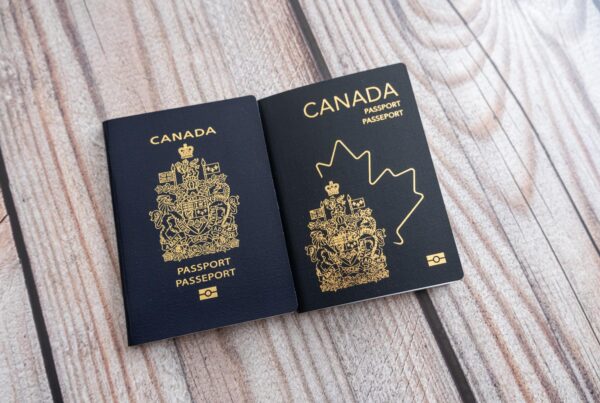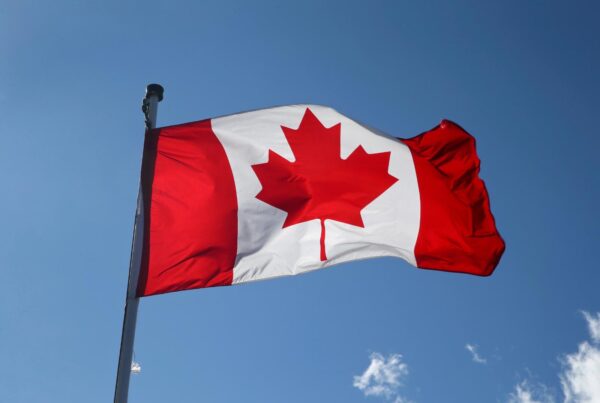Thinking about moving to Canada through sponsorship? Whether you’re sponsoring a family member or being sponsored, the process can seem a bit overwhelming. But don’t worry. We’ve got you covered with this comprehensive guide to help you navigate the ins and outs of immigration sponsorship. From eligibility criteria to appealing denied applications, let’s dive into everything you need to know.
Eligibility Criteria for Sponsors and Applicants
Understanding who can sponsor and who can be sponsored is necessary. Generally, sponsors must be Canadian citizens or permanent residents. They should be at least 18 years old and able to support the person they’re sponsoring financially. This means meeting specific income requirements and proving their ability to provide basic needs like food, clothing, and shelter.
On the other hand, applicants must be related to the sponsor in certain ways. They could be a spouse, common-law partner, or conjugal partner. Additionally, dependent children and sometimes parents or grandparents can be sponsored. Each category comes with its own set of requirements and restrictions, so it’s essential to ensure you and your loved ones meet these criteria before starting the application process.
Types of Relationships Eligible for Sponsorship
The types of relationships eligible for sponsorship vary, and it’s important to understand which ones qualify. Spousal sponsorship is quite common, allowing Canadians to bring their husband or wife to Canada. But it’s not just about marriage; common-law partners, who have lived together for at least one year, are also eligible.
Conjugal partners can be sponsored too, but this category is a bit more complex. It applies to couples who, due to exceptional circumstances, cannot live together or get married in their home country. Proof of the relationship’s genuineness is crucial in these cases. Beyond romantic relationships, you can also sponsor dependent children and, in some cases, parents or grandparents, although the latter comes with additional requirements and a lottery system due to high demand.
Financial Obligations and Proof of Income
Sponsors have significant financial obligations. They must prove they can support the person they’re sponsoring without relying on social assistance. This involves providing proof of income through documents like tax returns and employment records. The required income level depends on the size of the sponsor’s family, including the person being sponsored.
The commitment isn’t short-term either. Sponsors are financially responsible for their sponsored family members for several years, ranging from three to twenty years, depending on the relationship. This means that even if circumstances change, the sponsor remains accountable for ensuring their family member does not need government assistance.
Document Requirements and Application Forms
The application process requires meticulous attention to detail. Various forms must be completed accurately, and supporting documents must be provided to substantiate the information given. These documents include proof of relationship, financial documents, identification papers, and more. Ensuring all forms are correctly filled out and all necessary documents are included is crucial to avoid delays or rejections.
Additionally, each application type has specific forms and requirements. For instance, spousal sponsorship applications need different documents than those for sponsoring parents. Being thorough and precise can make a significant difference in the success of your application. It’s also helpful to keep copies of everything submitted, just in case you need to refer back to them later.
Common Mistakes to Avoid in Sponsorship Applications
Mistakes in the application process can lead to delays or even denials. One common mistake is providing incomplete or incorrect information on forms. Double-checking all details before submission can prevent this issue. Another frequent error is failing to include all necessary supporting documents. Each required document plays a critical role in verifying the information provided.
Another pitfall is missing deadlines. Timely submission of applications and responses to any additional requests from immigration authorities is crucial. Finally, misrepresenting any information, whether intentionally or accidentally, can have serious consequences. Honesty and accuracy are paramount throughout the process.
Processing Times and What to Expect
The processing times for sponsorship applications can vary significantly. Factors influencing the duration include the type of application, the country of origin, and current processing backlogs. Typically, spousal sponsorship applications take about 12 months, but this can fluctuate.
Understanding what to expect during this period can alleviate some stress. After submitting the application, you’ll receive an acknowledgment of receipt. This will be followed by requests for additional information or documents if needed. Regularly checking the status of your application online and staying responsive to any requests can help keep things moving smoothly.
Spousal Sponsorship Inside vs. Outside Canada
Choosing between spousal sponsorship from inside or outside Canada depends on various factors. If the spouse is already in Canada, they can apply for inland sponsorship. This option allows the spouse to stay in Canada while the application is processed and even apply for an open work permit.
On the other hand, if the spouse is outside Canada, outland sponsorship is the route to take. This can sometimes be faster, but the sponsored spouse will need to remain outside of Canada during processing. Each option has its pros and cons, so it’s essential to consider your unique situation and choose the one that best suits your needs.
Conditional Permanent Residence and its Implications
Conditional permanent residence used to be a requirement for some sponsored spouses. This meant that they had to live with their sponsor for a specific period to maintain their permanent resident status. However, this condition was removed in 2017 to protect sponsored spouses from staying in abusive relationships out of fear of losing their status.
Now, sponsored spouses receive unconditional permanent residence upon approval. This change provides more security and stability for newcomers. However, sponsors must still meet their financial obligations, and both parties must prove the genuineness of their relationship during the application process.
Appealing a Denied Sponsorship Application
Having a sponsorship application denied can be disheartening, but it’s not necessarily the end of the road. If your application is denied, you have the right to appeal the decision. The appeal process involves presenting your case to the Immigration Appeal Division (IAD), which will review the decision and consider new evidence or information.
The appeal must be filed within 30 days of receiving the denial notice. It’s essential to prepare thoroughly and, if possible, seek legal advice to improve your chances of a successful appeal. Patience and persistence are key, as the appeal process can be lengthy and complex, but it offers a valuable second chance for many applicants.
Make Your Canadian Dream a Reality: Navigate the Sponsorship Process with Joshua Slayen
Navigating the sponsorship process for immigrating to Canada can be a complex and daunting task, but you don’t have to do it alone. Whether you’re just starting out or need help with a specific issue, Joshua Slayen, a renowned Canadian Immigration Lawyer, is here to guide you every step of the way. With extensive experience and a deep understanding of immigration laws, Joshua Slayen can provide the expert advice and personalized support you need to make your dream of sponsoring a loved one a reality. Don’t let confusion and uncertainty stand in your way. Contact us today to get started on your journey to bringing your family to Canada.









